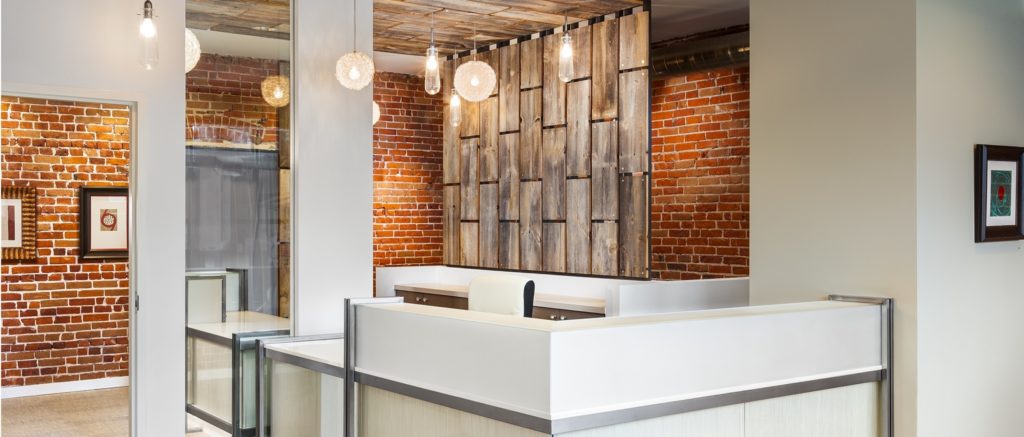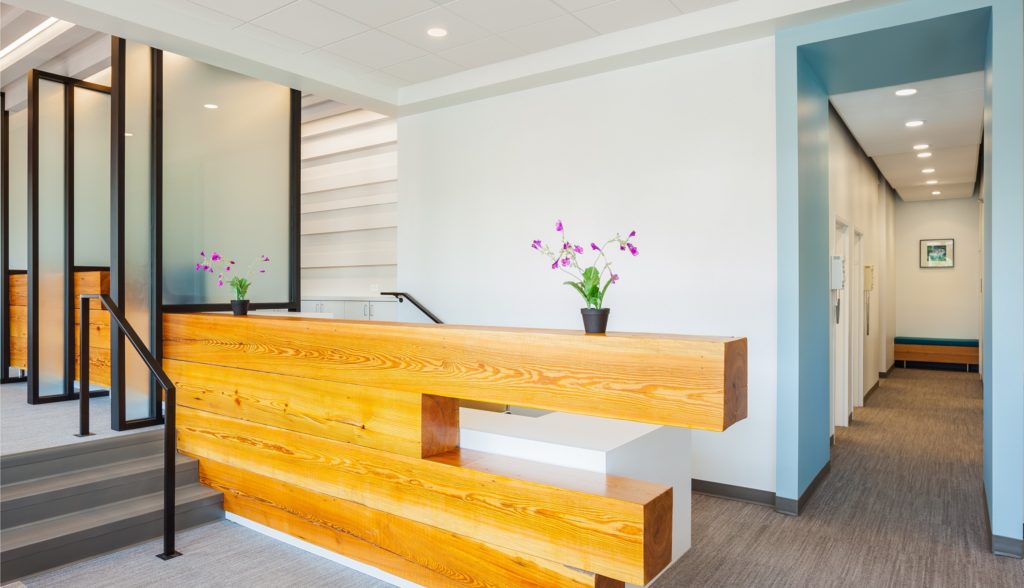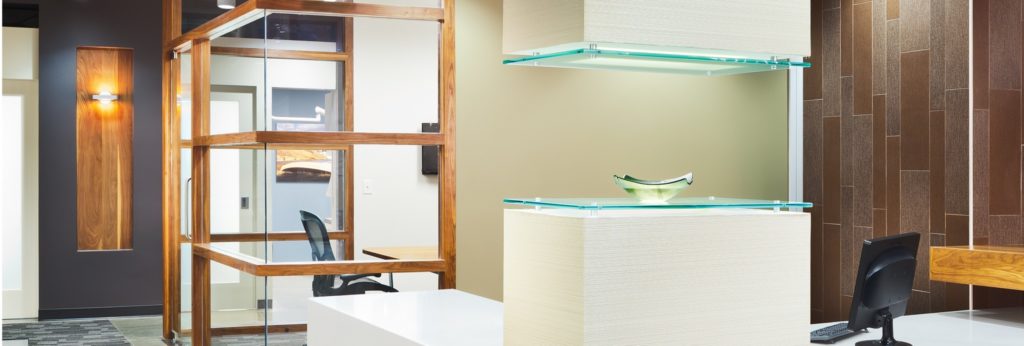Commercial real estate landlords are not on your side
It can be difficult to discern fact from fiction when dealing with commercial real estate landlords. A misunderstanding of key issues can have serious consequences affecting the profitability for your practice. The following information will help you position yourself for successful negotiations with your landlord by eliminating several confusing misconceptions.
Many commercial real estate landlords attempt to befriend their tenants, making it difficult for tenants to remember the landlord’s primary goal is financial gain. They are seeking to secure a lease with the tenant paying as much as possible. Even the friendliest landlord wants to make the maximum profit on their space, just like the nicest tenant seeks the lowest possible lease rate so their business can thrive. It’s not personal, its business.
Financial burdens quickly arise for tenants who place undue trust in their landlord and fail to properly negotiate their lease. By having experienced representation, you can learn how your lease compares to the current market and ensure you are getting the best possible terms.
Representation also removes uncomfortable conversations with your landlord and allows you to focus on running your practice vs. trying to be an expert negotiator. Representation provides you with a much higher chance of preserving your relationship with your landlord because each side is then fairly represented.
An additional layer of confusion commonly occurs when the landlord is also a patient. This often deters the tenant from pushing back against the landlord, as the tenant has a difficult time discerning between wearing the hat of a doctor with their patient vs. a tenant against their landlord. Assuming the tenant doesn’t want to lose the landlord as their patient, how much is that really worth? If the average landlord patient paid a few hundred dollars per year to your practice, how much profit would that net after you factor in overhead and expenses?
Another way to look at this would be to ask the question: ‘Would you rather lose your landlord as a patient and a few hundred dollars per year or keep your landlord as a patient and lose thousands to tens of thousands per year in unnecessary, higher rent payments and additional lost money in concessions?’
For most practices, one patient is not worth losing the amount of money that is on the line in a commercial real estate negotiation.
The bottom line is, if a landlord wants to stop being your patient because you are looking out for your best interests, then that landlord is probably not worth keeping as a patient. It’s ok if you or your office manager have not been trained to negotiate for a living. Hiring representation will give you assurance that nothing will be missed in negotiations and that you will receive the best terms possible.
The reality is that the vast majority of commercial real estate landlords will understand that most practice owners are clearly outmatched against savvy landlords and their teams of agents. Understanding that the landlord is not on your side is the first step to preparing for a successful negotiation.
To find expert representation, contact an agent near you by clicking the following link – Find An Agent.
CARR Healthcare is the nation’s leading provider of commercial real estate services for healthcare tenants and buyers. Every year, thousands of healthcare practices trust CARR to achieve the most favorable terms on their lease and purchase negotiations. CARR’s team of experts assist with start-ups, lease renewals, expansions, relocations, additional offices, purchases, and practice transitions. Healthcare practices choose CARR to save them a substantial amount of time and money; while ensuring their interests are always first. carrusoldtheme.wpengine.com







 Relocating or opening a new medical office is one of the most significant business decisions you can make. With that decision, there are a number of strategic choices to be made to ensure your success: Should I purchase or lease my space? What are the top location options in my area? Should I purchase an existing practice or start a new office from scratch? Who do I need on my team and who can I trust to help me make the right decisions?
Relocating or opening a new medical office is one of the most significant business decisions you can make. With that decision, there are a number of strategic choices to be made to ensure your success: Should I purchase or lease my space? What are the top location options in my area? Should I purchase an existing practice or start a new office from scratch? Who do I need on my team and who can I trust to help me make the right decisions?



 Opening a new medical office is an important and exciting endeavor. A successful project requires expert partners who can function both independently and as a team to help turn your dream into a reality. The team members we focused on in parts 1 and 2 of this series are a healthcare real estate agent, attorney, architect and lender.
Opening a new medical office is an important and exciting endeavor. A successful project requires expert partners who can function both independently and as a team to help turn your dream into a reality. The team members we focused on in parts 1 and 2 of this series are a healthcare real estate agent, attorney, architect and lender. As with any key vendor, the cheapest price is not always the best option. When it comes to partners who have mastered their craft, there is usually an equitable balance between quality, service, timing and price. Looking for the cheapest or fastest partner will many times result in a compromise of the final product.
As with any key vendor, the cheapest price is not always the best option. When it comes to partners who have mastered their craft, there is usually an equitable balance between quality, service, timing and price. Looking for the cheapest or fastest partner will many times result in a compromise of the final product.






